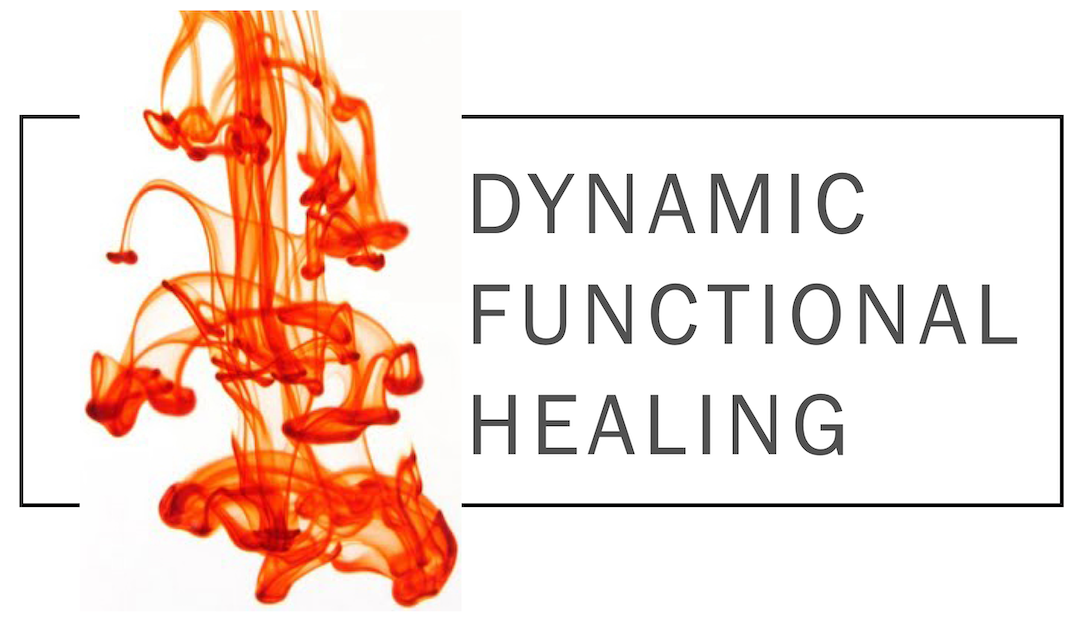So many of us have systemic inflammation. It's an underlying factor in chronic pain, chronic stress, weight gain, and aging. If you have systemic inflammation use the vinegar water for a month or two to get your pH balanced and your gut restored. If you needed it, if you really had systemic inflammation, you'll feel a drastic difference in four or five days of drinking the concoction. Discontinue use when your symptoms are under control. Diet and lifestyle changes will keep those changes in place. There are powerful tools you have at home to battle this monster—sleep, exercise, cleaning up your diet, eating greens. None of these are to be underestimated.
Here's an amazing tool for short-term use:
6x/day
16 oz. water
1 Tbsp Bragg's apple cider vinegar (for the mother)
1 Tbsp lemon juice (not from concentrate)
1 pinch sea salt
1 pinch turmeric
The water is an important part of the recipe; you can't put all the other ingredients into a smaller amount of water and think that you will get the results you want. Water is needed for hydrating and flushing. It also dilutes the acids which is critical for your tooth enamel.
I put the question of eroding tooth enamel to my dentist, Dr. Joe Grayden, a professor at the University of Minnesota, Twin Cities campus. He took the question to about a half dozen of his colleagues and here's the consensus:
The acidic level and its effects would land somewhere between drinking coffee with sugar (coffee without sugar is not very worrisome) and sipping on Coca Cola throughout the day.
While there's no research on vinegar water, there's a lot of research on caffeinated sodas and carbonated water. Sipping is worse than drinking it down faster. People who drink caffeinated pop tend to sip it throughout the day while people who drink non-carbonated pops tend to drink it down quickly. Those drinking the caffeinated pop have tooth enamel wear at a much greater rate than those drinking the non-caffeinated pops. Don't sip, drink it down quickly.
Your tooth enamel is most vulnerable the hour after eating/drinking. It takes a half hour before you start producing enzymes that will neutralize the acids and they take about two hours to do their job. Don't brush your teeth immediately after eating/drinking, especially acidic foods/drinks. Wait about an hour before brushing.
Using a straw does not mitigate the risk of erosion.
As a side: Dentists also see tooth enamel loss in bartenders who put slices of lemon in their mouths and in Gen Y-ers who grew up using electric toothbrushes but use them as though they are regular toothbrushes, placing pressure on the brush bristles against the teeth. An electric brush does all the work and there should never be pressure placed on the brush against the teeth.
